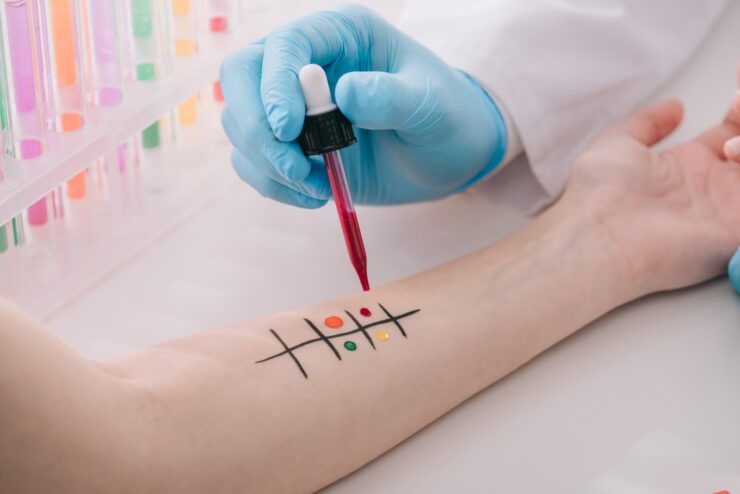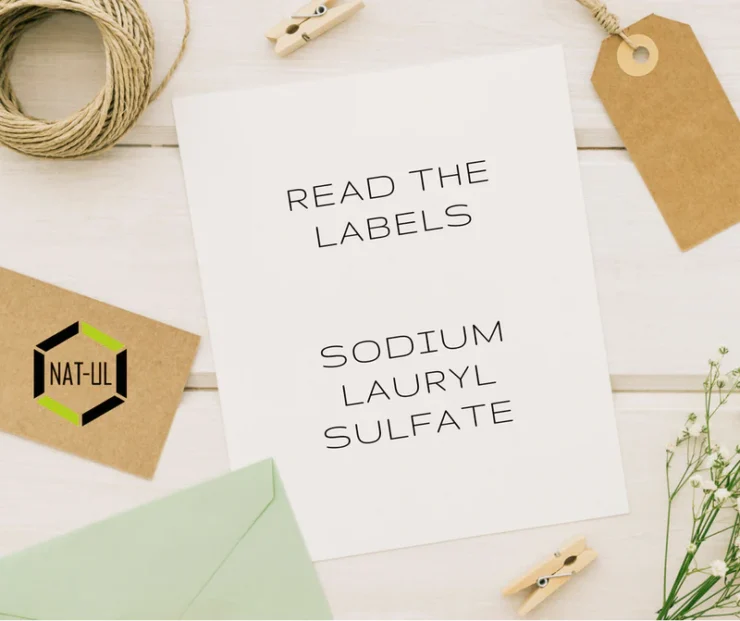Table of Contents
Skin problems may strike anybody anytime, and many individuals have allergy symptoms. Some persons may experience adverse responses to cosmetic goods such as cleansers, moisturizers, face, and eye makeup, scents, etc.
An allergen can stimulate the immune system to produce compounds such as antibodies that cause allergy sensations. The immune system overreacts to chemicals that could generally be safe, causing allergic responses.
Whether the person is a seasoned pro or a novice, finding the proper skincare regimen takes time and effort. The road to clear skin began with trial and error, even for those with years of experience.
To ensure that the skin problem heals gradually, doctors frequently recommend various skincare products at once.
Thus, buying from Rainshadow Labs a custom skin care manufacturer enables the customer to save money while getting the best products. The regimen is complicated. The road to clear skin began with trial and error, even for those with years of experience.
Symptoms Which Might Suggest That A Person Is Allergic To Some Skin Care Products

After utilizing skincare items, an allergic response is clearly shown by an itchy, red rash. This can be the result of a component that irritates someone. However, skincare products may produce more subtle side effects, such as flakiness, roughness, lumps resembling pimples, and blotchy skin.
The crucial point is that an allergic response brought on by skincare products will only affect the skin. If a person starts to experience other problems, such as a runny nose or nausea, another problem can be to blame.
There are two different kinds of contact dermatitis: allergic and irritant. When anything affects the stratum corneum, the outermost epidermis that serves as a barrier against allergens and irritants, it can lead to irritant contact dermatitis, sometimes known as plain “irritation.”
However, if a substance causes someone to develop allergic contact dermatitis, it is doing so by inducing an allergic reaction in immune system-related skin cells.
Daily Skin Care Product Components That Can Cause Reactions
It is better to understand one’s beauty allergies if unpacking the cosmetics box seems like navigating a minefield since one needs to know which ingredient can result in an uncomfortable breakout or irritating rash.
Some ingredients in products that can cause such a reaction on a person’s skin are listed below:
Aluminum

Aluminum is frequently used in cosmetics and antiperspirants since it helps to reduce perspiration. However, as a salt, it can also induce inflammation, burning, and redness. Two options are magnesium oil, which utilizes sodium chloride to stop sweat, or antiperspirants without aluminum.
Essential Oils And Botanic Products (If An Individual Has Sensitive Skin)
Just because a solution is labeled “natural” or “organic,” it doesn’t always guarantee that it won’t harm sensitive skin. Items that are marketed as “natural” frequently include components that are novel or unapproved. If they are the main component, plant-based compounds like mint and citric fruit solutions might irritate people.
Sodium Lauryl Sulfate

A widely used cleaning chemical is sodium lauryl sulfate. Doctors advise avoiding products with SLS in favor of those with fatty alcohols because SLS is “found in a wide variety of self-care goods, including shampoos, face washes, and shower gels.
It commonly causes discomfort and can also evoke an immune reaction in the skin. If SLS is not scrubbed off correctly, its sediment can leave the skin dry and minimize the ceramide concentrations in a person’s skin. Cleaners or soaps made from calcite are an excellent substitute.
Coal Tar
A heavy, brownish-black liquid produced by burning coal is called coal tar. Its characteristics in skin care products help the skin shed old cells and delay the development of new ones.
Several recognized carcinogens and substances from groups of substances known to cause cancer may be found in coal tar, a complex chemical combination.
For instance, investigations have revealed that coal tar chemicals are hazardous to the body when absorbed via the skin and are associated with skin cancer. Additionally, the brain damage brought on by these substances may result in a lack of control, altered sleeping habits, and mood swings.
Parabens

The preservatives are called parabens to keep one’s skincare and cosmetics clean and sanitary. They may be discovered in many goods, including soaps, moisturizers, and cosmetics.
Even though this compound does not have many allergic effects, studies show that it disrupts biological and mental processes and boosts the synthesis of the female sex hormone estrogen.
According to some research, parabens infiltrate the epidermis and stimulate estrogen, which causes abnormal breast cell proliferation. Breast cancer ultimately results from this.
What To Do If Someone Experiences A Reaction To A Product
If someone suffers any itchiness, inflammation, or pimples after using a skin care treatment, or if one thinks they may be allergic to it, they must:
- Eradicate the item right away.
- Use cool, clean water to rinse the area.
- Apply a cool cloth to the affected region to relieve the burning and irritation.
- Applying some aloe vera gel will also help reduce irritation and speed recovery.
What To Know Before Choosing Skincare For Sensitive Skin?

Be kind in every situation concerning sensitive skin. One can use cleansing products with thick, creamy foams and calming components like witch hazel and aloe vera. pH balance is crucial since an unbalanced pH can cause the skin to become rough or sore.
Avoid using cleansers that contain preservatives, alcohol, strong cleaners, or scent. A pea-sized quantity of cleansers with a velvety consistency should be used to wash the entire face.
Conclusion
Most skin allergies have an evident cause, are moderate, and can be treated at home. However, if the skin allergy or response lasts longer than two weeks and doesn’t get better after using the tips above, one should immediately see a doctor.
In light of this, calling 911 or visiting the closest emergency facility should be the best and fastest action if the person sees any inflammation in the face or throat or has trouble breathing. If not treated right away, these acute allergic responses can be hazardous.

